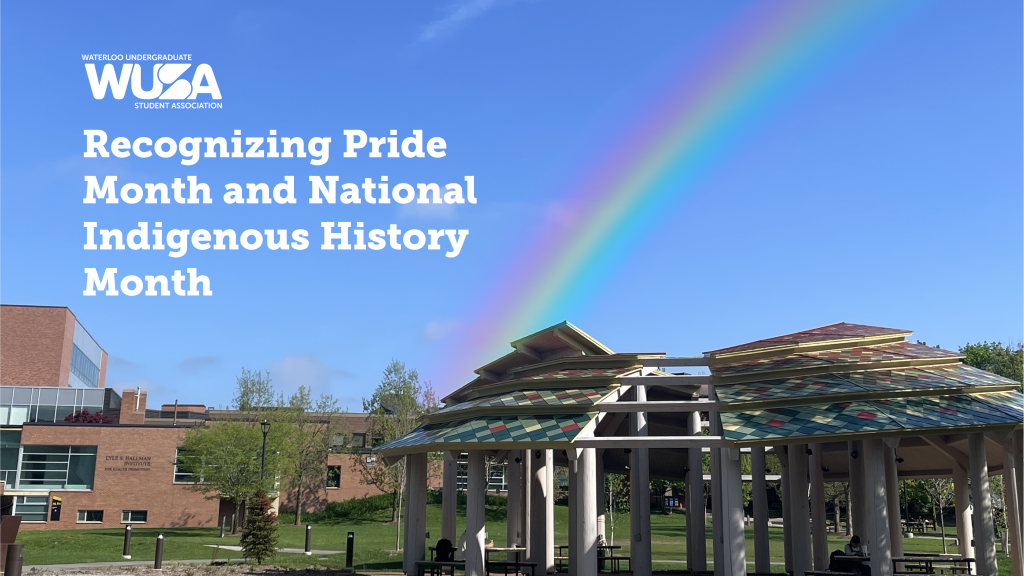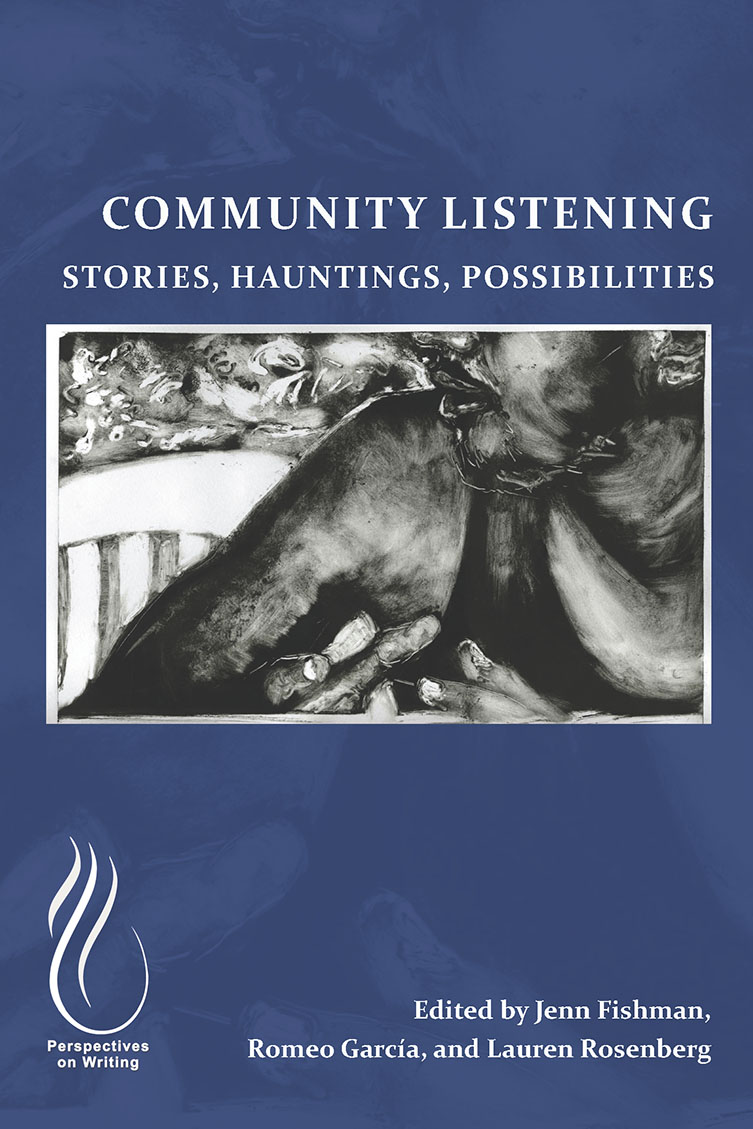The Impact of Writing on the Construction of Cultural Identity: Narratives that Celebrate Diversity

The Role of Writing in Shaping Cultural Narratives
Writing serves as a powerful tool in shaping and expressing cultural identity. Through the written word, individuals and communities can articulate their experiences, values, and beliefs, often revealing the richness of diversity. From personal stories to collective histories, writing provides a platform for a multitude of voices to resonate within the cultural landscape.
Personal Narratives
Personal Narratives provide a window into individual experiences, highlighting the unique backgrounds that shape our identities. For instance, the memoir “The Woman Warrior” by Maxine Hong Kingston eloquently captures the struggles and triumphs of a Chinese-American woman, intertwining her family’s stories with her own. Such narratives not only document personal journeys but also forge connections with readers by inviting them into the author’s world, fostering understanding and empathy.
Collective Histories
Collective Histories serve to unify groups within a cultural framework, allowing them to share in a common heritage. Literature such as “The Round House” by Louise Erdrich explores the experiences of Native American communities, tackling issues of justice and belonging. By weaving together shared memories and cultural touchstones, these collective stories reinforce group identity while enriching the larger narrative of the society in which they exist.
Vivid Imagery
Vivid Imagery in writing brings cultures to life for readers, fostering a deeper appreciation of diverse traditions and practices. For example, the poetry of Neruda captures the essence of Chilean culture through sensuous descriptions of landscapes and people. Such vivid depictions not only engage the reader’s senses but also illuminate the cultural values embedded within the text.
Diverse Voices and Empathy
As diverse voices emerge in literature, they contribute to a broader understanding of cultural dynamics. This exploration fosters empathy and connection, encouraging readers to embrace a variety of perspectives. In contemporary United States literature, narratives from immigrant communities, indigenous peoples, and marginalized groups are crucial. Authors like Chimamanda Ngozi Adichie and Junot Diaz challenge norms and broaden the narrative by sharing their lived experiences and cultural heritages.

Challenging Stereotypes and Encouraging Inclusivity
The written word has a remarkable ability to challenge stereotypes. Through authentic representation, these narratives combat misconceptions that often arise from ignorance or lack of exposure. For instance, “The Hate U Give” by Angie Thomas addresses issues of race and police violence, sparking conversations around systemic injustice and the realities faced by African American youth.
Furthermore, literature that encourages inclusivity plays a crucial role in promoting acceptance of different cultural practices. By showcasing the richness of various traditions, writers can dismantle barriers and foster a sense of belonging among individuals from different backgrounds. This is evident in anthologies such as “The Best American Short Stories,” which curate a diverse array of voices and experiences, offering readers a tapestry of contemporary life in America.
Preserving Traditions
Ultimately, writing serves as a vessel for preserving traditions. As stories are documented, they capture the essence of cultural identities that may otherwise be forgotten. Through literature, future generations can access the narratives that shape their communities, ensuring that the collective memory remains vibrant and alive.
In conclusion, writing not only shapes individual identities but also strengthens the mosaic of cultural expression in society. The narratives that celebrate diversity become increasingly important as we strive for a more inclusive understanding of the human experience. They remind us that every story matters and every voice deserves to be heard.
DISCOVER MORE: Click here to dive deeper
Writing as a Reflection of Shared Experiences
Writing is more than just a means of communication; it is an essential aspect of cultural identity formation. Through the written word, individuals articulate their realities, weaving together personal experiences and shared histories that reflect the world around them. The impact of writing on the construction of cultural identity is profound, as it serves as a vehicle for expressing diversity and fostering understanding among different groups. To fully appreciate this dynamic, it is important to delve deeper into how writing captures the nuances of cultural experiences.
Storytelling Traditions Across Cultures
Storytelling traditions vary widely across cultures and often serve as vehicles for teaching values, preserving history, and fostering community connections. While oral traditions are foundational to many cultures, written narratives bring these stories to a broader audience. For example, the folklore of African American communities, often depicted in the works of authors like Zora Neale Hurston and James Baldwin, illustrates the struggles and celebrations of life through captivating tales and vivid characters. These narratives not only entertain but also embed cultural values, highlighting the resilience and creativity of marginalized communities.
The Role of Fiction in Cultural Discourse
Fiction plays a significant role in cultural discourse by offering an imaginative space where cultural identities can be explored and understood. Authors such as Toni Morrison and Jhumpa Lahiri utilize fiction to dive into the complexities of race, identity, and belonging in America. Their storytelling encompasses the intricacies of life as an immigrant or a member of a historically oppressed community, painting a rich tapestry of experiences that resonate on both personal and societal levels.
Forming Connections Through Common Themes
By exploring common themes such as family, love, struggle, and resilience, writing fosters connections between diverse communities. These shared narratives create bridges that transcend cultural divides, inviting readers to empathize with experiences outside their own. Notable examples include the acclaimed novel “The Kite Runner” by Khaled Hosseini, which, while rooted in Afghan culture, speaks to universal themes of friendship and redemption that resonate with a global audience.
Literature as a Catalyst for Social Change
Literature has the power to serve as a catalyst for social change, giving voice to the unheard and spotlighting societal injustices. Works like “I Know Why the Caged Bird Sings” by Maya Angelou not only recount personal experiences of racial discrimination but also inspire dialogue and action for racial equality. Through narrative, writers invite readers to reflect critically on the status quo, thereby influencing cultural perceptions and fueling movements for change.
Creating Inclusive Spaces through Language
The use of language in writing can create inclusive spaces that welcome a multitude of voices. By employing dialects, vernacular, or bilingual expressions, authors can authentically portray their cultural backgrounds, inviting readers to experience their narratives more profoundly. For instance, writers such as Sandra Cisneros blend English and Spanish in their works, allowing them to bridge linguistic divides and celebrate their multicultural heritage. This not only enriches the narrative but also fosters acceptance and understanding among diverse populations.
In essence, writing is a pivotal force in the construction of cultural identity. It the lens through which we view and embrace diversity. Each narrative crafted serves to illuminate distinct experiences, allowing for a collective appreciation of the multifaceted nature of humanity. The exploration of these narratives opens doors to deeper connections among individuals and communities, ultimately enriching the cultural dialogue within society.
Writing serves as a powerful medium for expressing and shaping cultural identities, offering insight into the complexities and richness of diverse narratives. Through the written word, individuals reveal their personal experiences while also providing glimpses into their cultural heritage. This connection is significant as it not only validates individual stories but also fosters a broader understanding of different cultures within a shared social landscape.When exploring the impact of writing on cultural identity, it’s important to recognize how narratives illuminate societal values and shared histories. These narratives can challenge stereotypes and encourage empathy among readers, prompting them to reflect on their own identities and the cultural dynamics at play. For example, by sharing stories from underrepresented communities, writers can break down barriers and promote inclusivity, allowing for a rich tapestry of voices that celebrate rather than silence diversity.Furthermore, writing serves as a record of cultural memory, preserving traditions, languages, and customs that might otherwise be forgotten. As narratives unfold, they not only tell the story of one community but often intersect with others, building bridges across different backgrounds. This intersectionality emphasizes how identities are multifaceted and influenced by various social factors. Such explorations through writing foster a deeper appreciation for the nuances of cultural identity, encouraging readers to engage with content that promotes both education and dialogue.Moreover, the rise of digital platforms expands access to diverse narratives, empowering writers from marginalized groups to share their stories on a global scale. The increased *visibility* of these narratives not only promotes cultural pride but also creates dialogue and collaboration across cultures, reinforcing the notion that storytelling is a universal experience crucial for building understanding and connection in an increasingly globalized world. This dynamic exchange of ideas and experiences through writing contributes significantly to the evolving landscape of cultural identity, making it clear that writing is not just an art form but a vital tool for cultural expression and social change. In light of this, the confluence of writing and identity underscores the importance of hearing and valuing all voices, paving the way for richer, more inclusive narratives that celebrate the vast spectrum of human experience.
DISCOVER MORE: Click here to dive deeper
Writing as a Tool for Empowerment and Activism
In addition to reflecting cultural identities and shared experiences, writing serves as a tool for empowerment and activism. The written word can galvanize individuals and communities to assert their identities, challenge societal norms, and advocate for their rights. Through essays, poetry, novels, and other forms of literature, writers articulate the struggles faced by their communities and push back against systemic oppression. This aspect of writing ignites not only personal but also collective movements, leading to societal transformation.
The Voice of Marginalized Communities
For marginalized voices, writing presents an opportunity to reclaim narratives often distorted or overlooked by mainstream society. Works such as “Their Eyes Were Watching God” by Zora Neale Hurston explore themes of gender and race, giving voice to the complexities of African American female identity. By sharing their stories, authors empower their communities and offer readers a chance to confront and understand the societal context that shapes these identities. The mere act of writing becomes an assertion of identity, demanding respect and recognition from a broader audience.
Diverse Perspectives in Contemporary Literature
Contemporary literature continues to celebrate diversity through the examination of various cultural perspectives. Authors like Chimamanda Ngozi Adichie emphasize the importance of diverse narratives in her notable TED Talk, “The Danger of a Single Story.” She argues that understanding multiple narratives allows for a richer, more nuanced view of a culture. Adichie’s works, such as “Americanah,” highlight the immigrant experience and explore themes of identity, race, and cultural dislocation. These stories invite readers to empathize with experiences that might be foreign to them, ultimately enriching the collective identity of society.
The Digital Age and Writing for Cultural Survival
In the modern world, the digital age has further expanded the possibilities for cultural expression through writing. Social media platforms provide a space for diverse voices to be heard, allowing for real-time storytelling and community building. Writers from various backgrounds share their narratives through blogs, Twitter threads, and online publications, fostering a global dialogue that transcends geographical boundaries. This accessibility democratizes storytelling and empowers individuals to connect over shared experiences, creating a collective narrative tapestry that celebrates diversity.
Literary Festivals and the Celebration of Diversity
Events such as literary festivals play a critical role in showcasing diverse voices and fostering cultural exchange. Festivals like the Brooklyn Book Festival or the New Orleans Book Festival attract authors from various backgrounds, emphasizing the importance of representation in literature. These gatherings promote discussions that challenge stereotypes, celebrate unique perspectives, and encourage collaborations among writers of different cultures. The visibility afforded to diverse narratives through such festivals not only elevates marginalized voices but also cultivates a community of readers engaged in cultural discourse.
Education and Narrative Inclusivity
Incorporating diverse narratives into educational curricula is essential for nurturing an inclusive understanding of cultural identity. By introducing students to a variety of authors from different backgrounds, educators help cultivate empathy, understanding, and critical thinking skills among young learners. Reading literature that reflects different cultures allows students to see themselves in the stories and fosters an appreciation for the richness of human experience. This approach encourages the next generation of writers to continue the legacy of storytelling that celebrates diversity and challenges normative perspectives.
The multifaceted impact of writing on cultural identity continues to evolve, highlighting the significance of narratives that celebrate diversity. Through various forms of expression, writers have the power to shape cultural perceptions, influence social change, and foster meaningful connections that transcend barriers. Engaging with these diverse narratives is an essential step toward building a more inclusive and understanding society.
DIVE DEEPER: Click here to discover the art of collage
Conclusion: The Power of Diverse Narratives in Shaping Cultural Identity
The exploration of writing as a fundamental force in constructing and communicating cultural identity reveals a rich tapestry woven from the diverse narratives of various communities. As evidenced throughout this discussion, writing not only reflects individual and collective experiences, but also shapes societal attitudes, challenges stereotypes, and fuels activism. From the compelling works of marginalized authors who reclaim their narratives to the vibrant dialogues sparked across digital platforms, literature is integral in celebrating diversity and fostering connection.
In the context of an increasingly interconnected world, the role of writing becomes even more critical. Today, as writers share their stories through various mediums, they contribute to a global discourse that highlights the importance of embracing multifaceted identities. Events like literary festivals serve as essential gatherings for cultivating understanding, while educational efforts to incorporate diverse works into curricula lay the groundwork for empathy among future generations. Education, accessibility, and celebration of diverse voices emerge as vital components in creating a society that values inclusivity.
Ultimately, as readers engage with these narratives, they broaden their horizons, challenging preconceived notions and gaining insight into the experiences that define different cultures. Therefore, the impact of writing on the construction of cultural identity cannot be underestimated; it is a powerful catalyst for change that invites us all to reflect, connect, and celebrate the diversity that enriches the human experience. Embracing this diversity is not just an act of understanding; it is a pathway toward a more inclusive and compassionate society.



